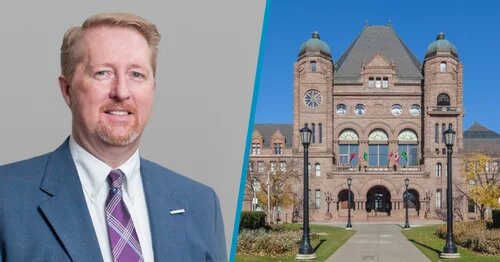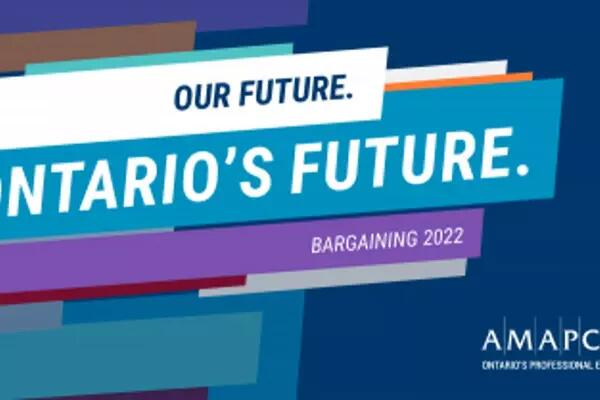
Wednesday, April 20, 2022
Last week, the provincial government fast-tracked Bill 106, the Pandemic and Emergency Preparedness Act. Schedule 7 of the bill is the new Supporting Retention in Public Services Act, 2022. This new legislation was presented as a means to make temporary wage enhancements permanent for Ontario’s personal support workers. However, a closer look at the legislation reveals it to be not a gift to workers, but something of a Trojan Horse.
This new legislation allows the government to hand-pick specific groups of employees and provide them with set wage enhancements. These wage increases may be permanent or temporary.
More alarming is that the new legislation permits the government to override collective agreements negotiated by unions, exempts the government from pay equity requirements, and disallows unions to file complaints under the Labour Relations Act or the Crown Employees Collective Bargaining Act.
Despite the legislation being passed under the guise of the government’s Plan to Stay Open package of pandemic-related measures, there is nothing in the Act that limits the overriding of collective agreements to only public health emergencies.
These targeted wage enhancements are also notable given that this same government passed and still refuses to repeal Bill 124, their unconstitutional wage-restraint legislation, which prevents public employees from freely and fairly bargaining for their own wage increases. Instead of simply repealing Bill 124, with the Supporting Retention in Public Services Act the government is effectively exempting themselves from their own legislation for select groups of employees exclusively of their choosing.
Meanwhile, in removing the mask mandate, the government eliminated an effective public safety measure in the face of an increasing sixth wave, and has since refused to backtrack, even as cases rise.
Personal support workers have always done incredibly necessary, important work under difficult circumstances, and this has been even more true during the pandemic. They more than deserve a wage enhancement. And in fact, they do deserve more than that: they deserve enhancements that are permanent and that are negotiated by their unions as part of a collective agreement.
So too do all of Ontario’s public servants.
On the eve of an election, it is hard not to question the motivation behind legislation that serves to divide workers, not only within the public service but within the healthcare sector, and that allows the government to make targeted cash injections that could help avoid potential political problems.
It is equally hard not to question why the government is including measures designed to erode workers’ rights into half-hearted pandemic preparedness measures, rather than taking steps to prevent the transmission of COVID-19 and provide stable, sustained support to the health care system.
This bill may be seen to be a boon to some of Ontario’s workers, but it is it is a dramatic overreach that has significant potential consequences for all public servants, and it is not an effective public health measure.
I join my fellow labour leaders in expressing concern over the precedent this legislation sets for overriding unions, eroding collective action rights, and dividing workers.
We call on the government to commit to real measures to prevent this sixth wave of COVID-19, shelve half-measures on compensation like Bill 106, and instead repeal Bill 124.
Stronger together,
Dave Bulmer
President & CEO

